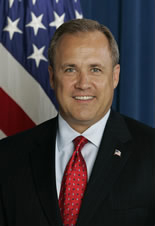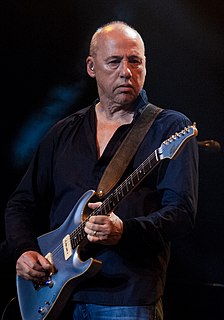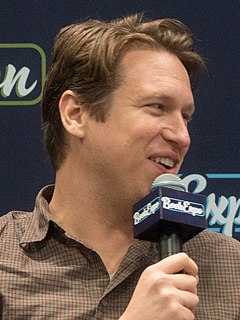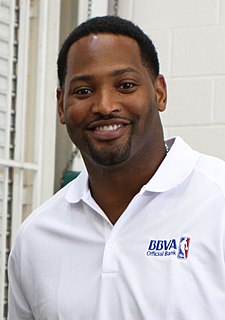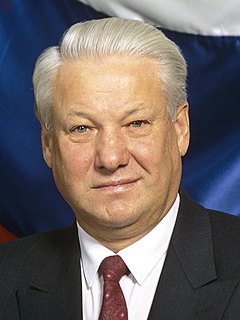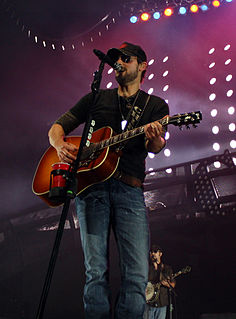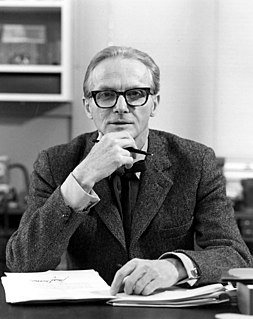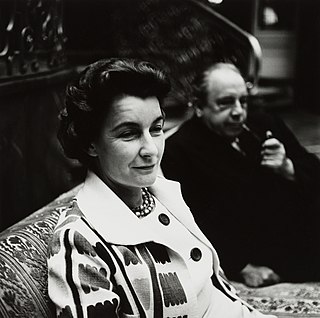A Quote by Jamie Hyneman
We're not too out there to educate people about any specific thing necessarily so much as we are to encourage critical and scientific thinking.
Related Quotes
Talking about creating truth tends to alarm people, because truth is meant to be 'just out there'. It doesn't take much thinking to appreciate that we sometimes change truths on the ground - sometimes just by words. A new law will change what is possible. I think - perhaps because the paradigm we follow tends to be scientific, and all about discovery - the creative element of truth is one upon which we don't focus so much attention. This is particularly so in anglophone philosophy, perhaps because we associate it too much with those 'pernicious' continental trends.
Of course, the laws of science contain no matter and have no energy either and therefore do not exist except in people's minds. It's best to be completely scientific about the whole thing and refuse to believe in either ghosts or the laws of science. That way you're safe. That doesn't leave you very much to believe in, but that's scientific too.
I'm not going to have the TV personality and be like, 'There's no bitterness. There's no ugliness.' There's bitterness. There's ugliness. There's pain. There's greed. There's malice, and there's hurt. That's all good stuff for any kind of art. I'm not necessarily feeding that side of myself, and I try not to encourage it too much.
I'm not sure if a writer should talk about themes. Themes arrive out of the deeper structure and concerns, but to me, the main thing is getting it down right, writing about specific characters in specific predicaments, and finding a way to be true to the story itself, not only in the first burst of draft but in the revision, too.
I try to do what I call the three E's - educate, entertain, and enlighten. If you don't entertain, no one will show up. But you also have to educate, because people want to discover specific things about a world unlike their own - whether it's how hard it is to go to the moon or how scary it is to be on Omaha Beach.
Our schools offer no conception of the scientific process of discovery. They do not encourage creative thought, in fact, they stifle it through too much rigidity in teaching. If we set out to give as little help as possible to originality in science, we could hardly devise a better plan than our education system. Youngsters ought to be told what is unknown about ourselves and our universe as well as what is known.
there is a danger, when thinking of the earliest civilized people, of putting too much emphasis on technology. One tends to assume that if you don't have, at least, a lavatory and perhaps something that will take you a lot faster than your own feet, or a certain number of gadgets in the house, then you must be in some way, a bit backward and defective ... the important thing to remember is that technology is not necessarily the same thing as civilization.


